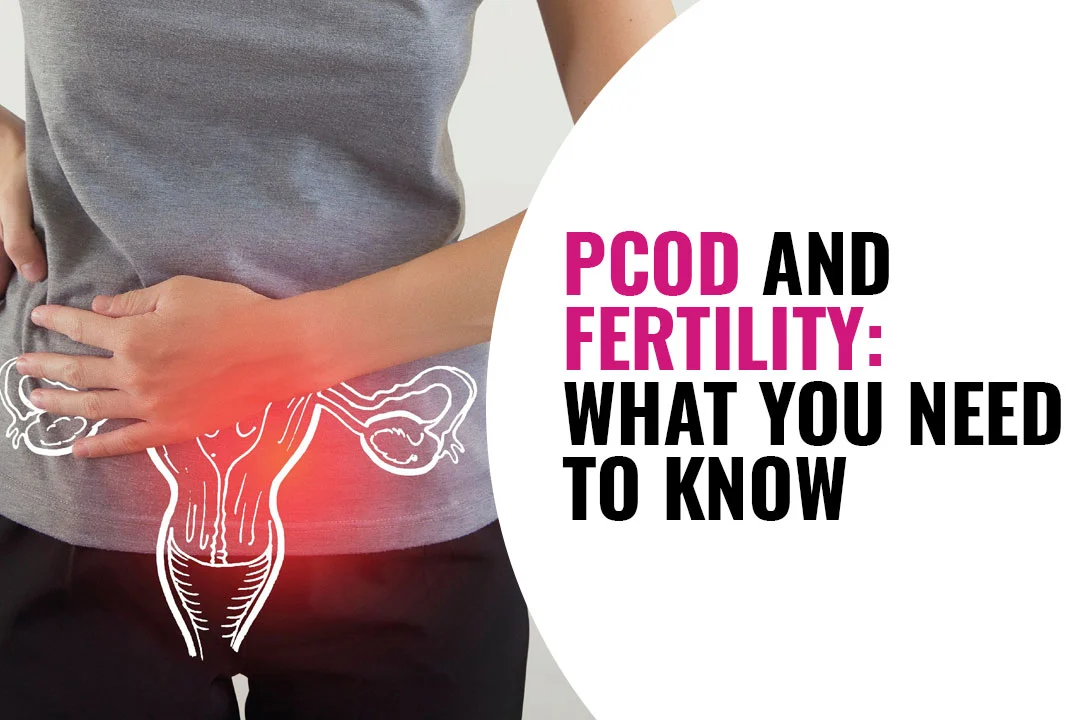PCOD and Fertility: What You Need to Know
Polycystic Ovary Syndrome (PCOS), often referred to as PCOD (Polycystic Ovary Disorder), is a common hormonal disorder that affects women of reproductive age. This condition can have significant implications for fertility, making it a crucial topic for those looking to conceive. In this blog, we’ll explore what PCOD is, how it impacts fertility, and what treatment options are available.
Understanding PCOD
PCOD is a condition characterized by the presence of multiple cysts on the ovaries and an imbalance of reproductive hormones. Women with PCOD may experience irregular menstrual cycles, excessive hair growth, acne, and obesity. The exact cause of PCOD is unknown, but it is believed to be related to a combination of genetic and environmental factors.
How PCOD Affects Fertility
Fertility issues are one of the most concerning aspects of PCOD for many women. The hormonal imbalances associated with PCOD can interfere with ovulation, the process in which an egg is released from the ovary. Without regular ovulation, it can be challenging to conceive. Additionally, women with PCOD often have higher levels of androgens (male hormones), which can further disrupt the reproductive process.
Symptoms of PCOD
Before diving into treatment options, it’s essential to recognize the symptoms of PCOD, which include:
– Irregular or missed periods
– Heavy menstrual bleeding
– Excessive hair growth on the face and body (hirsutism)
– Acne and oily skin
– Weight gain or difficulty losing weight
– Thinning hair on the scalp
If you experience any of these symptoms, it’s crucial to seek medical advice.
PCOD and Fertility: Treatment Options
While PCOD can pose challenges to fertility, several treatment options can help manage symptoms and improve the chances of conception. Dr. Sabita Kumari, an expert in PCOS treatment, emphasizes the importance of a comprehensive approach to managing PCOD.
Lifestyle Changes
One of the first steps in managing PCOD is adopting a healthier lifestyle. This includes:
– Diet: A balanced diet rich in fruits, vegetables, lean proteins, and whole grains can help regulate insulin levels and improve symptoms.
– Exercise: Regular physical activity can help reduce insulin resistance, promote weight loss, and improve ovulation.
– Weight Management: Even a modest reduction in weight can significantly impact menstrual regularity and fertility.
Medical Treatments
In addition to lifestyle changes, several medical treatments are available:
– Hormonal Birth Control: Birth control pills can help regulate menstrual cycles, reduce androgen levels, and manage symptoms like acne and excessive hair growth.
– Metformin: This medication, often used to treat type 2 diabetes, can help improve insulin resistance and promote regular ovulation.
– Fertility Medications: Medications such as Clomiphene (Clomid) and Letrozole (Femara) can stimulate ovulation in women with PCOD.
– Ovarian Drilling: In some cases, a surgical procedure called ovarian drilling may be recommended. This involves making small holes in the ovary to restore normal ovulation.
Assisted Reproductive Technologies (ART)
For women who do not respond to other treatments, Assisted Reproductive Technologies (ART) like In Vitro Fertilization (IVF) can be an effective option. ART involves stimulating the ovaries to produce multiple eggs, retrieving the eggs, fertilizing them in a lab, and then implanting the embryos into the uterus.
Conclusion
While PCOD can present challenges to fertility, it is important to remember that many women with this condition can and do conceive with the right treatment and support. Dr. Sabita Kumari, an expert in PCOS treatment emphasizes the importance of early diagnosis, a holistic approach to management, and exploring all available treatment options.
If you suspect you have PCOD or are struggling with fertility, consult with a healthcare provider who specializes in PCOS treatment. With the right care, you can take control of your reproductive health and improve your chances of achieving a successful pregnancy.
For more information on PCOS treatment and to find support, consider reaching out to Dr. Sabita Kumari and other specialists in the field. They can provide personalized advice and help you navigate the journey toward fertility and overall well-being.

